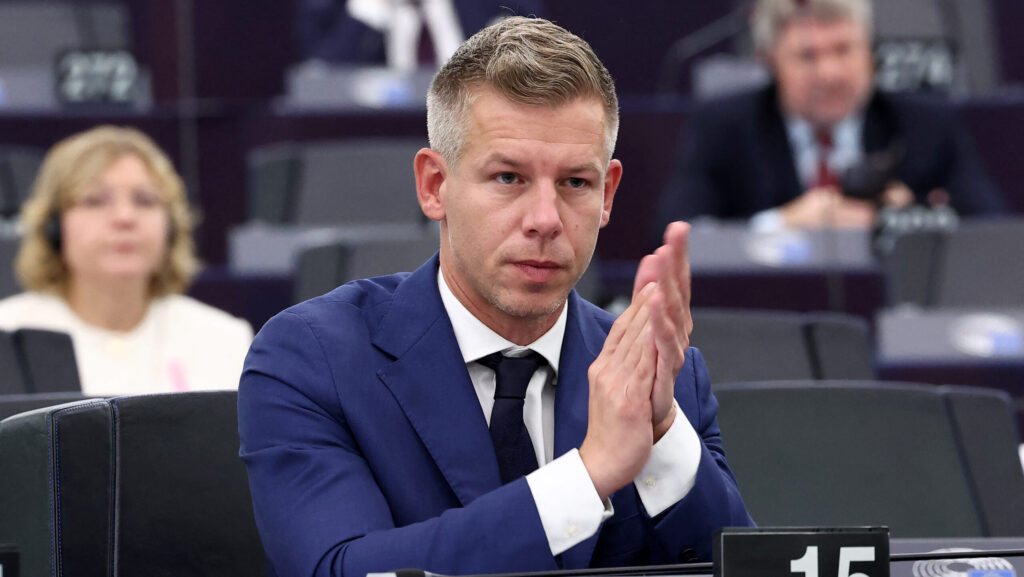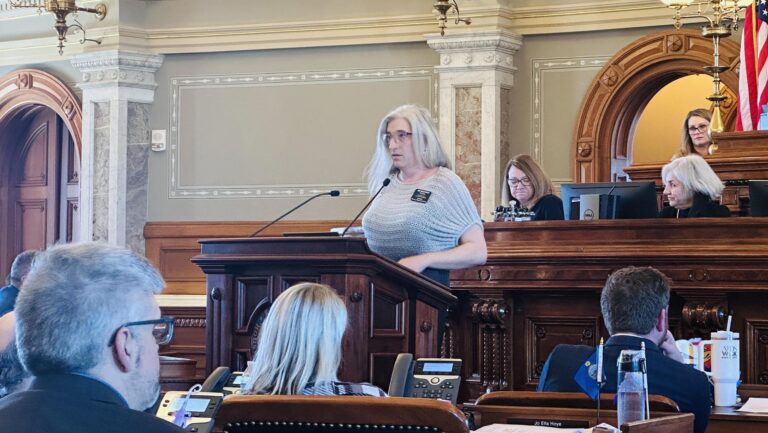Hungarian Prime Minister Viktor Orbán described the 2026 national budget as optimistic, anti-war, and ambitious during his Friday morning interview on Kossuth Radio, emphasizing that the government’s economic strategy remains centred around shielding Hungarian families from global instability and rising living costs.
According to Orbán, the government plans to spend 4,800 billion forints on family support programmes, continuing a key pillar of Fidesz’s social policy. Another 800 billion forints will be directed toward maintaining the country’s reduced utility bills—a politically sensitive issue that the government has long treated as a national priority. Additionally, 7,700 billion forints will go to supporting pensions, securing the incomes of retirees amid inflationary pressures.
The Prime Minister also confirmed that the government will pay out the so-called ‘fegyverpénz’—a six-month bonus for members of the armed forces—and will continue the ongoing teacher salary increase programme, which has been one of the more contested domestic policy areas in recent years. He added that spending on healthcare will also rise, though he did not specify by how much.
‘It is the government’s responsibility to step in and protect families from being exploited’
Addressing concerns about inflation, Orbán criticized what he referred to as ‘unacceptable prices’ in certain consumer sectors, claiming that companies are ‘picking the pockets of Hungarian families.’ He insisted that such practices are not tolerable and require direct government intervention. ‘In some sectors, prices have reached levels that we cannot accept,’ Orbán said. ‘It is the government’s responsibility to step in and protect families from being exploited.’ After what he described as a period of experimentation, the government decided to implement price margin regulations, especially in the food and household goods sectors. The measures aim to control profit margins and prevent excessive markups by retailers. Orbán stated that these new rules are already having a corrective effect in the food market. To further contain consumer prices, the government has introduced a 15 per cent cap on the profit margins that retailers can apply to household goods. Orbán said this cap is expected to trigger significant market adjustments, suggesting that sellers will have to reconsider their pricing structures in order to comply. Orbán framed the 2026 budget as one built on national values and financial independence, especially in contrast to what he claims is Brussels’ push for increased financial contributions to Ukraine and alignment with broader EU policies. ‘This budget assumes that in 2026, Hungary will still have a national government—one that doesn’t send Hungarian taxpayers’ money to Ukraine,’ he declared.
The Prime Minister emphasized that the funds allocated in this budget will stay in Hungary and serve Hungarian interests—from pensioners to families with children, from teachers to healthcare workers.
By combining large-scale social spending with assertive market interventions, the Orbán government is betting that it can continue to deliver economic stability and voter support ahead of future political challenges—both domestically and within the EU.
Related articles:







